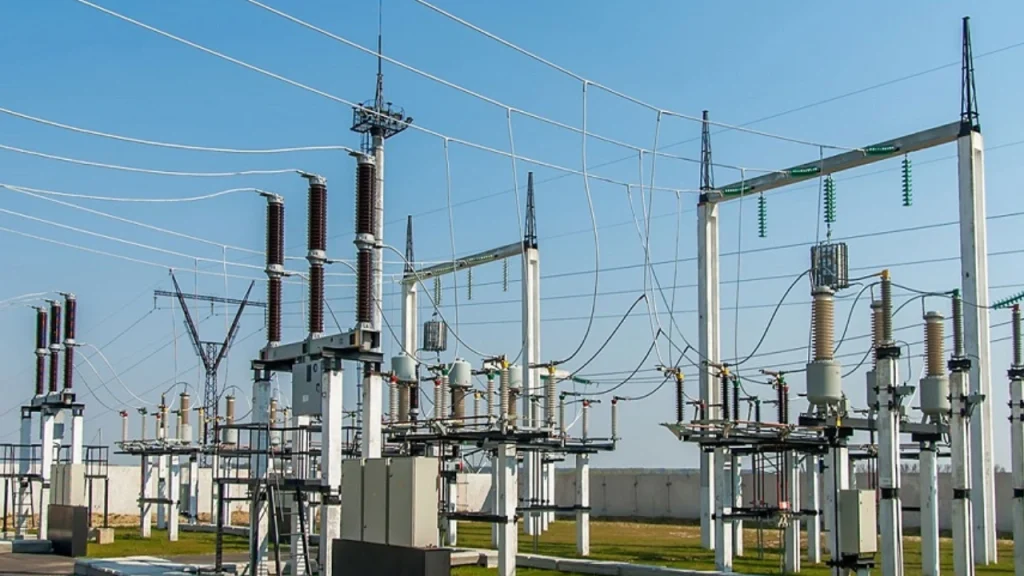The Federal Government of Nigeria through the Nigerian Electricity Regulatory Commission (NERC) on Wednesday, announced a significant increase in electricity tariffs for customers classified under Band A, who receive 20 hours of electricity supply per day.
This increase amounts to over 300% and raises the tariff to N225 per kilowatt-hour from the previous rate of N66.
NERC’s Vice Chairman, Musliu Oseni, revealed this at a briefing in Abuja, noting that customers on other bands will not be affected by the tariff hike.
Oseni explained that Band A customers represent 15% of the country’s 12 million electricity customers. Additionally, NERC has downgraded some customers from Band A to Band B due to the failure of distribution companies to fulfill the required hours of electricity supply. Consequently, the number of feeders categorised as Band A will be reduced from 800 to under 500.
“We currently have 800 feeders that are categorised as Band A, but it will now be reduced to under 500. This means that 17 per cent now qualify as Band-A feeders. These feeders only service 15 per cent of total electricity customers connected to the feeders,” he said.
“The commission issued a supplementary order allowing power distribution companies (DisCos) to increase electricity prices to N225 per kilowatt-hour from N68 for urban consumers, effective April 1, 2024.
“The commission has issued an order which is titled April supplementary order and the commission allows a 235 kilowatt per hour.
“The commission now reviewed further the application by the distribution companies and has decided that only the 17% feeders and less than 15% customers will be affected by any rate increase that the commission will ever approve for the distribution company.
“The order takes effect from today and in that order, the commission has approved a rate review of N225 per kilowatt hour for just under 15% of the customer population in NESI. That means that less than 15% of the customers will be affected,” Oseni said while announcing the new tariff plan on Wednesday, April 3.
This decision was influenced by the recent increase in the base price of natural gas from $2.18 to $2.42 per Metric Million British Thermal Unit (MMBTU) by the Nigerian Midstream and Downstream Petroleum Regulatory Authority (NMDPRA).
Given that over 70% of Nigeria’s electricity is generated from thermal power plants fueled by gas, adjustments in gas prices directly impact electricity tariffs.
The Multi-Year Tariff Order (MYTO) released by NERC in January 2024 for electricity distribution companies was based on the previous price of natural gas.
Gas producers, both international and domestic, have advocated for a review of gas prices to incentivise increased production.
Meanwhile, reactions have trailed the new electricity tariff plan. Labour groups and electricity consumers have expressed disapproval of the federal government’s decision to increase electricity tariffs for Band A customers nationwide by over 300 per cent.
Experts caution that there is a risk of exploitation if clear definitions and regulations are not established for the new plan.

